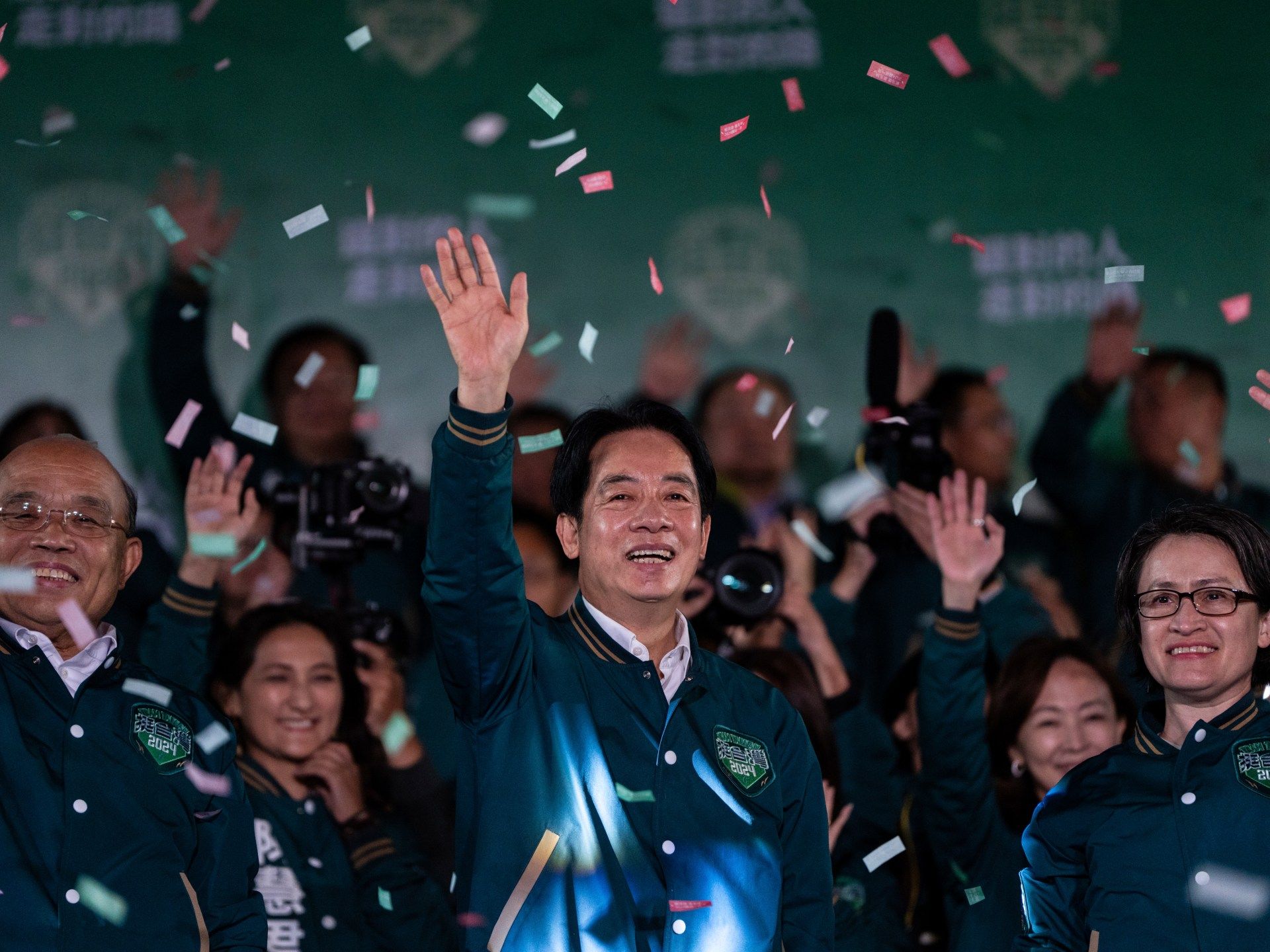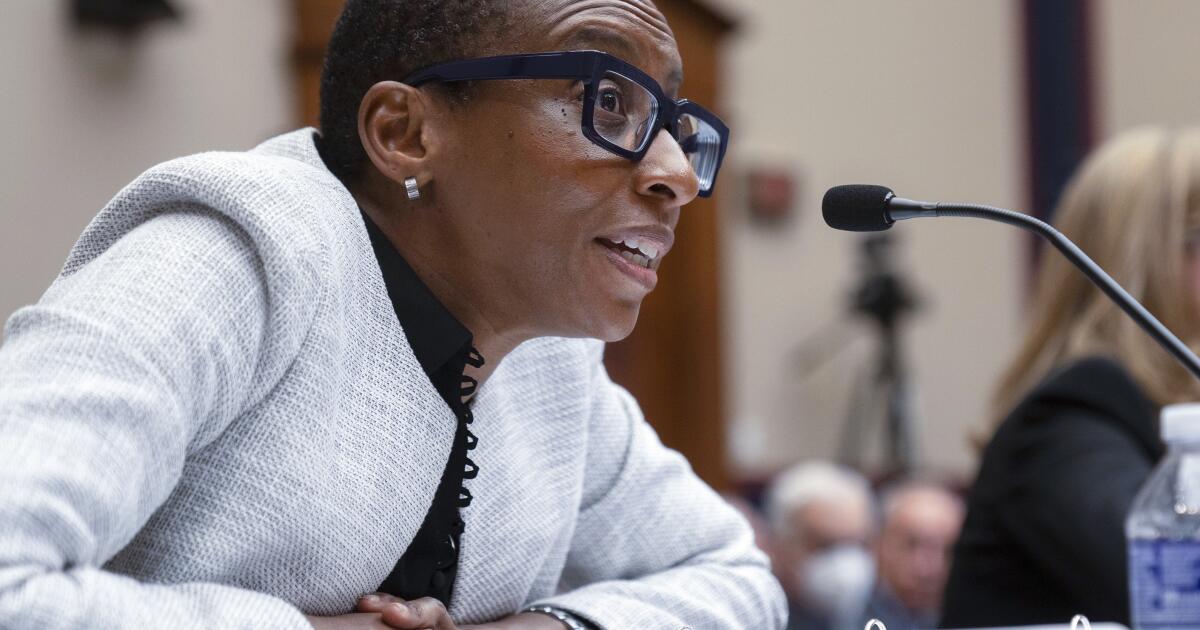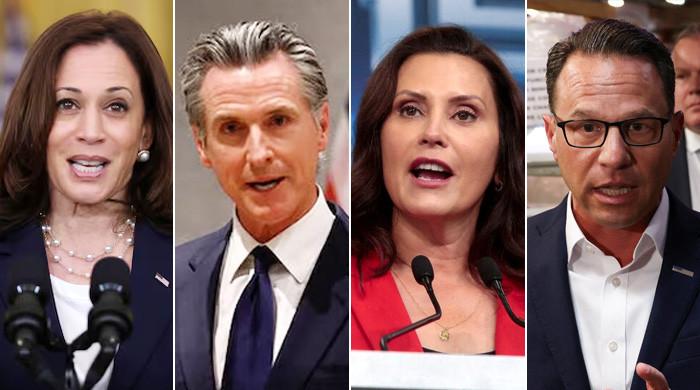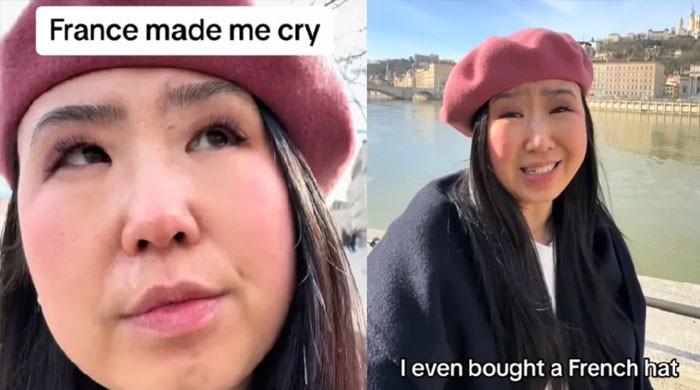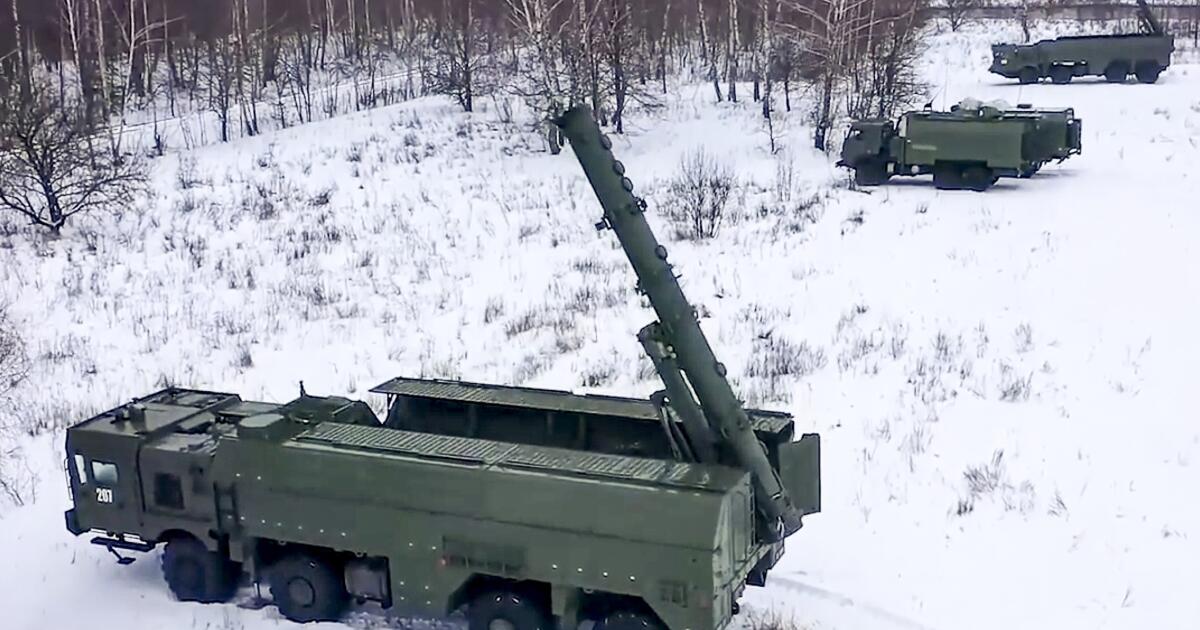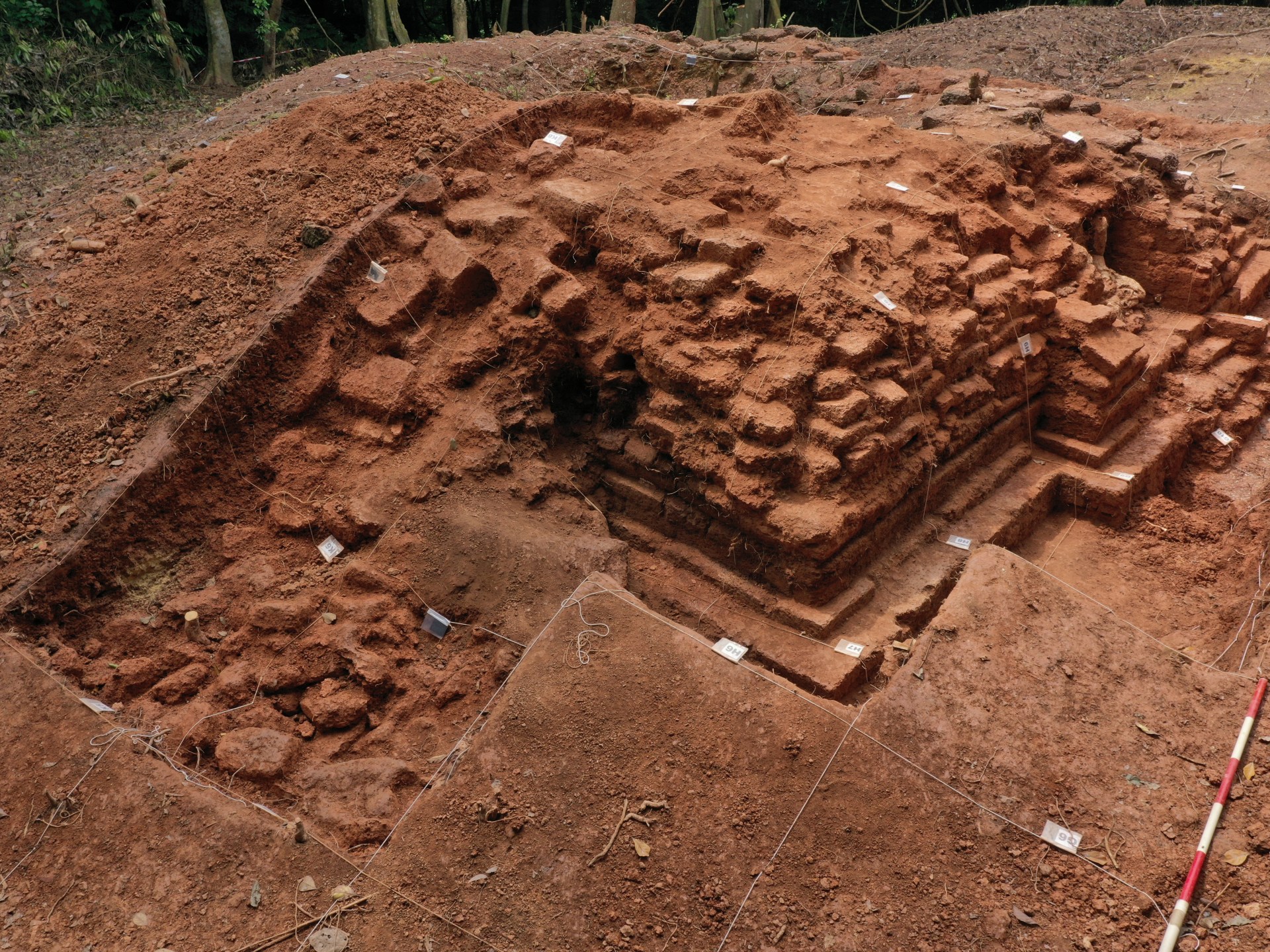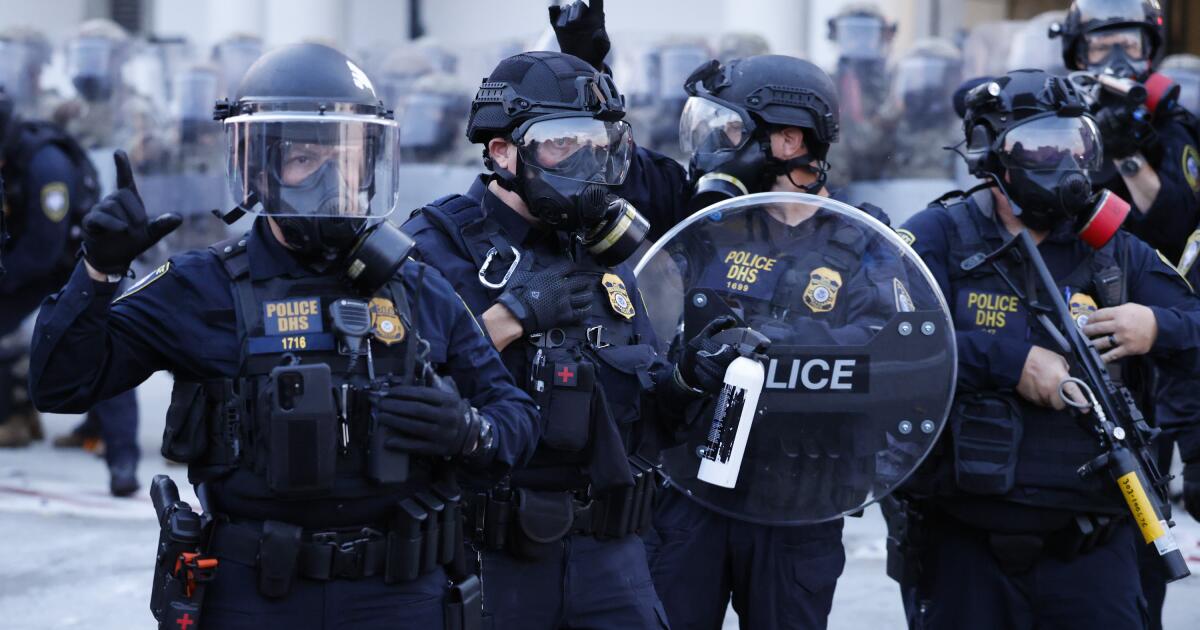William Lai Ching-te of the ruling Democratic Progressive Party (DPP), whom China considers a “dangerous separatist,” won Taiwan's presidential election.
Lai, the current vice president, who has asserted sovereignty over the autonomous island, defeated his closest rival, Hou Yu-ih of the conservative Kuomintang (KMT) by more than 900,000 votes in Saturday's election.
With Lai's victory, the DPP secured an unprecedented third consecutive term in power, meaning that the majority of Taiwanese support the party's values of preserving democracy.
The DPP does not represent the dominant public opinion on the island, Beijing said after Lai was named winner of Saturday's vote, adding that the vote “will not impede the inevitable trend of China's reunification.”
In his victory speech, Lai, 64, congratulated voters for refusing to be influenced by “external forces” trying to influence the election in an apparent reference to China, which claims Taiwan as its own territory.
He said he wanted to cooperate with China – Taiwan's largest trading partner – and maintain peace and stability, but promised not to be “intimidated” by Beijing.
Here's more information about the president-elect who China has openly opposed:
Lead Taiwan as Vice President
In his most recent role as vice president, Lai helped promote Taiwan's interests internationally.
Last August, he carried out a diplomatic mission to Paraguay, a measure criticized by Beijing. The Latin American country is one of a dozen that still maintains formal diplomatic relations with Taiwan. Taiwan, however, has trade links with countries around the world.
Lai has also drawn a line between Taiwan and Ukraine and the rise of authoritarianism globally, saying the phenomenon has “awakened the international community to the fragility of democracy.”
During his tenure and that of outgoing President Tsai Ing-wen, Taiwan increased arms purchases from the United States, which is required by law to provide the island with the weapons it needs to protect itself. Washington has no formal diplomatic ties with Taiwan in line with its “one China” policy.
Therefore, during his tenure as vice president, Lai spoke about the need to develop Taiwan's military deterrent capabilities, strengthen its economic security, and forge partnerships with democracies around the world.
“We are telling the international community that between democracy and authoritarianism, we will be on the side of democracy,” Lai told supporters Saturday night.
Relations with China
China has openly expressed its opposition to Lai, calling him a dangerous separatist. In fact, Beijing had called the elections a choice between war and peace.
The newly elected president, however, has repeatedly said during the campaign that he wants to maintain the status quo with China and has offered on numerous occasions to talk to Beijing.
Lai once said that the head of state he would most like to have dinner with is Chinese President Xi Jinping, whom he said needs to “relax a little.”
With the leader now elected, what is at stake is peace, social stability and prosperity on the island, as Beijing steps up military activity around the island, which it has said could be taken back by force. if necessary.
Taiwan is home to the world's leading semiconductor industry, producing small chips used in everything from Bluetooth headsets to missile systems.
These silicon wafers are the lifeblood of the modern global economy, placing a heavy responsibility on Lai to maintain a careful balance of tensions as the United States and China fight over technology exports.
In running for president, Lai advocated for domestic issues such as reviving the stagnant economy and housing affordability.
From humble origins to Harvard educated
Lai grew up in northern Taiwan and comes from a humble background, being the son of a coal miner who died when the president-elect was a small child.
He left his medical career as a spinal cord injury doctor to enter politics.
Before becoming president-elect, Lai held several prominent positions, including vice president, prime minister, legislator and mayor of the southern city of Tainan.
Taiwan's new leader has a master's degree in public health from Harvard University in the US.

